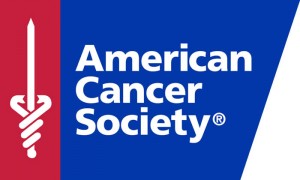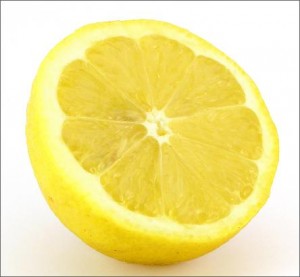Blogging from the 2010 Environmental Action Conference in Randolph, VT
PPNNE Public Affairs’ Intern’s Casey and Aziza blog about what they learned at the conference and what you might find interesting, too.
Casey’s Perspective
Well, I did it. I made it though my first environmental conference and despite knowing next to nothing about solar panels, carbon and green nuclear energy. I was able to discover some pretty interesting, relevant information. I attended a workshop about the amount of toxins children in schools were being exposed to and it was truly eye-opening. It never occurred to me how many toxins people are exposed to everyday and to think that children are literally surrounded by these products with known health repercussions is shocking.
 I learned that Triclosan is a common ingredient in many hand sanitizers and has been linked to the disruption of the human endocrine system. Hormone imbalances can lead to a variety of consequences including the premature start of puberty, (e.g. girls as young as seven beginning their periods). There is a strong movement to remove these products from school classrooms and some companies have come out with sanitizers without Triclosan, but there is always more progress to be made.
I learned that Triclosan is a common ingredient in many hand sanitizers and has been linked to the disruption of the human endocrine system. Hormone imbalances can lead to a variety of consequences including the premature start of puberty, (e.g. girls as young as seven beginning their periods). There is a strong movement to remove these products from school classrooms and some companies have come out with sanitizers without Triclosan, but there is always more progress to be made.







